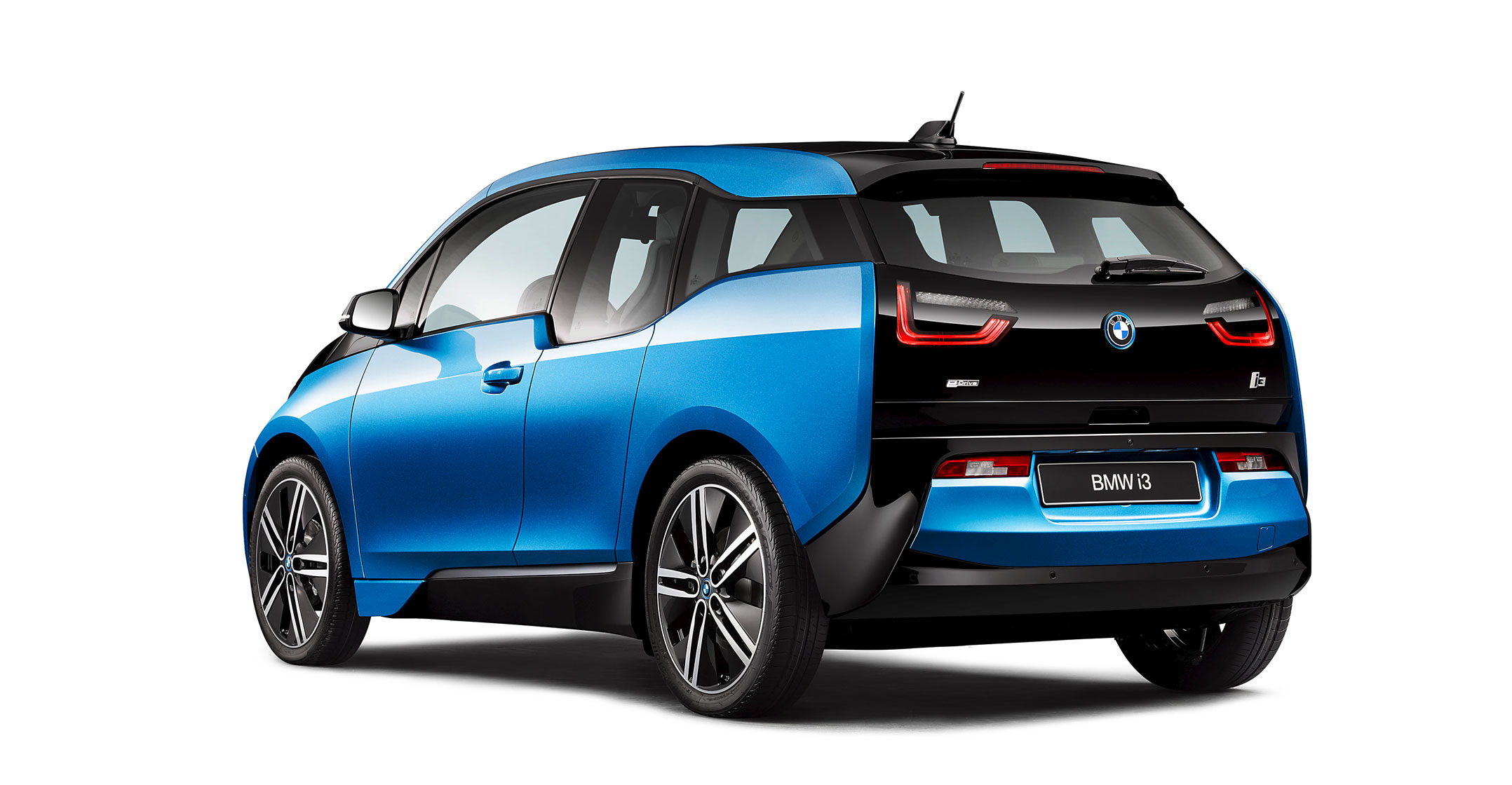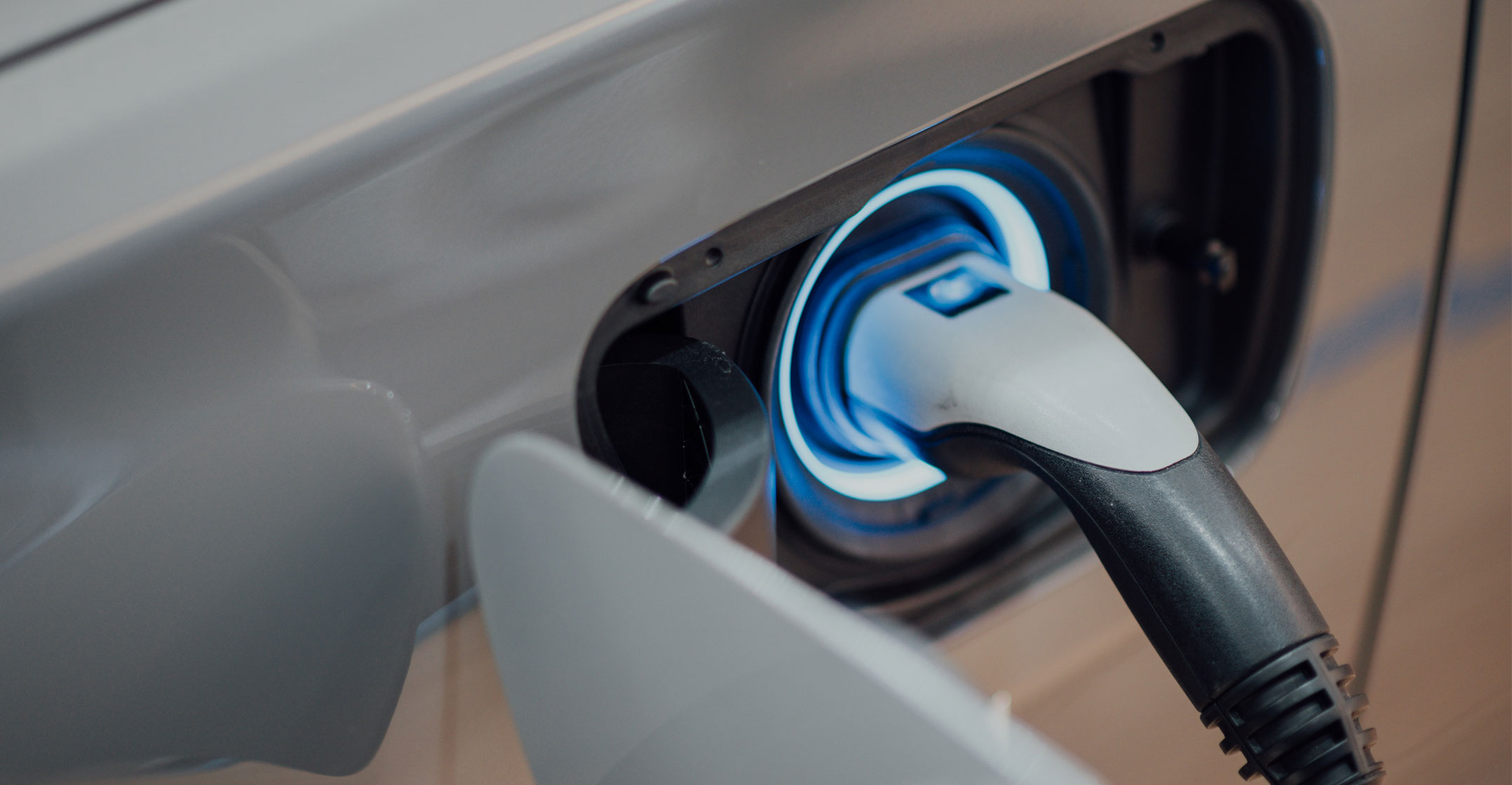 Electric cars have shown a vast improvement in efficiency and performance in just a few years. The cars are faster, have longer ranges and boast more features, while most of them are as sexy as supermodels.
Electric cars have shown a vast improvement in efficiency and performance in just a few years. The cars are faster, have longer ranges and boast more features, while most of them are as sexy as supermodels.
Unfortunately, sales of hybrid and electric cars are growing much more slowly in South Africa than in the rest of the world. Motorists are not sold on the practicality of an electric car, especially as we travel longer distances in South Africa and charging points are still few and far between.
Then there’s the price issue – fully electric and hybrid cars are very expensive relative to the big range of traditional cars in South Africa. In addition, people who care about the environment and know how to work a calculator would have realised that an electric car does not offer the best green solution in our market.
The saying that a green car only moves emissions from a car’s exhaust pipe to a power station’s chimney is more applicable in South Africa than any other country in the world. The highly trained and experienced engineers at competitive motor manufacturers are simply better at building efficient machines than the engineers at Eskom.
According to the car guide published by Car magazine, which shows all the new car models available in South Africa, there are nine manufacturers that offer 48 different models with either electric or hybrid engines. The cheapest is the rather aged Toyota Prius at more than R500 000, while most have a price tag way higher than R1-million.
Expensive
Surprisingly, the most expensive electric/petrol car is the Ferrari SF90 Stradale at R10.5-million. It is also the most expensive car listed, except for one Lamborghini that pips it to the post by R750 000. The Ferrari SF90 Stradale is more than R2-million more expensive than its second most expensive sister, the 812 GTS.
Given the price tag, it is safe to assume that running costs are not the prime concern of any prospective SF90 owner. Neither is the environment: Ferrari stuck a 4-litre V8 engine in its green car to ensure a top speed of 340km/h, and it still spews out 15.4kg of carbon emissions per 100km.
The table below includes only the cheapest variant of the different models offered by each manufacturer. For instance, Land Rover offers 18 different variants with hybrid power plants in three model ranges. The Range Rover Vogue hybrid is priced at just above R2.4-million and the most expensive hybrid Range Rover at over R4.5-million.
Electric and hybrid car prices
Toyota Prius R518 200
Mini Cooper R642 000
Lexus UX250 R690 300
BMW i3 R721 700
Lexus ES300 R789 800
BMW i3 Rex R811 000
Lexus IS300 R843 000
Lexus NX300 R971 200
Land Rover Discovery Sport R1.197-million
Lexus RX450 R1.369-million
Volvo XC90 R1.407-million
BMW X5 R1.46-million
Jaguar I-Pace R1.717-million
Land Rover Range Rover Sport R1.785-million
BMW 745 R1.946-million
Porsche Cayenne R2.019-million
Porsche Cayenne Coupe R2.109-million
Land Rover Range Rover R2.408-million
Porsche Panamera R2.529-million
Porsche Taycan R2.537-million
Ferrari SF90 R10.535-million
Source: Car magazine
While proponents of electric and hybrid cars complain about high import taxes – a host of countries subsidise greener cars – the fact is that the prices are very high relative to petrol and diesel cars.
Porsche launched a pure electric car to supplement its earlier hybrids. The cheapest Taycan sells for between R2.5-million and the most expensive for nearly R4-million. It defies logic that the top-of-the-range Taycan is the second most expensive car offered by Porsche in South Africa, just R72 000 less than the most desirable Porsche – the ionic 911 Turbo Cabriolet S.
The price comparison holds true for more mundane cars as well. The BMW i3 is available in pure electric and hybrid versions, priced from R721 000 to R874 000. In comparison, a BMW 118i with a petrol engine is R200 000 cheaper than the little electric car.

The high prices of electric and hybrid cars increase total cost of ownership by a fair margin due to higher interest on a larger loan, more depreciation and higher insurance premiums.
The R200 000 higher price tag on a BMW i3, compared to a lot of its equally desirable sisters pushes up the monthly instalment by about R3 400 and insurance would be R400 higher. Assuming 10% depreciation in the first year, the BMW i3 would cost its owner R5 467/month more than the BMW 118i with a petrol engine – before taking it for a drive.
Can lower operating costs perhaps make up the difference?
Costs compared
It is easy to think that electric cars cost nothing to run because drivers don’t need to pay for petrol. The cost of electricity to recharge the car is often hidden in the household’s electricity account, but should be taken into account if running cost is a consideration in deciding whether to buy an electric or a hybrid car.
Comparing the energy cost of the electric BMW i3 with a (more or less similar) diesel and petrol car with the same badge is enlightening. According to BMW, the i3 uses 13.1kWh worth of electricity per 100km, while the smaller petrol models burn 7.1 litres of fuel per 100km and the diesels 4.8 litres per 100km.
While fuel prices are known, electricity tariffs are dependent on a few variables. An example of the cost of electricity from Johannesburg residents in a document from a city council meeting reflect a few prices. Prepaid customers pay R1.52/kWh for electricity only and account customers pay R1.45/unit, excluding basic charges. The example used by the council’s mayoral committee to decide electricity prices also calculated the total price per kWh including basic charges. Electricity then increases to as much as R3.04/kWh.

However, one can also argue that households already pay whatever basic charge or availability fee municipalities charge and that it should be seen as a sunk cost. Based on this assumption, an electric car is much cheaper to run than their noisier counterparts. Unfortunately, the savings are not enough to make up the higher fixed costs of buying an electric car that is some R200 000 more expensive than a comparable car with an internal combustion engine.
On average, motorists drive around 30 000km per annum in South Africa – a number generally used in the motor industry – equal to 2 500km per month. An electric car is the cheapest to run at R485 worth of electricity per month and a petrol model the most expensive at nearly R2 600/month. Even after this massive saving in fuel, the total cost of owning an electric car is still more than R3 000/month higher.

But the kick in the stomach for environmentalists is that electric cars and hybrids are not as environmentally friendly in South Africa, even if people are willing to pay a premium to help our planet. Eskom’s latest annual report discloses that its coal-fired power stations emit 1.04kg of carbon dioxide for every kWh of electricity it sells. Thus, our little BMW i3 indirectly generates 13.5kg of carbon emissions for every 100km it travels. There are a lot of smaller car whose emissions are in the same region as this. The petrol BMW 118i produces much less (10.4kg) and the 2-litre diesel engines in many of BMW’s other models produce around 13.5kg in emissions per 100km.
Most medium cars produce much more harmful gases, in the range of 16kg to 25kg per 100km.
The cleanest cars are the cute Fiat 500 models – selling for between R220 000 and R300 000 and producing emissions of less than 9kg per 100km. At the other end of the scale are the big and heavy SUVs with large engines, pumping out carbon dioxide at a rate of 25kg to 30kg per 100km.
Taking only ownership cost and emissions into account, it makes sense to dump the large expensive vehicles, and to drive as little as possible. But not necessarily an electric or hybrid model.
From a purely environmental view, it would be far more beneficial to get Eskom to reduce its emissions. A small change at a power station would make a bigger difference than the estimated thousand electric cars on South Africa’s roads.
- This article was originally published on Moneyweb and is used here with permission




